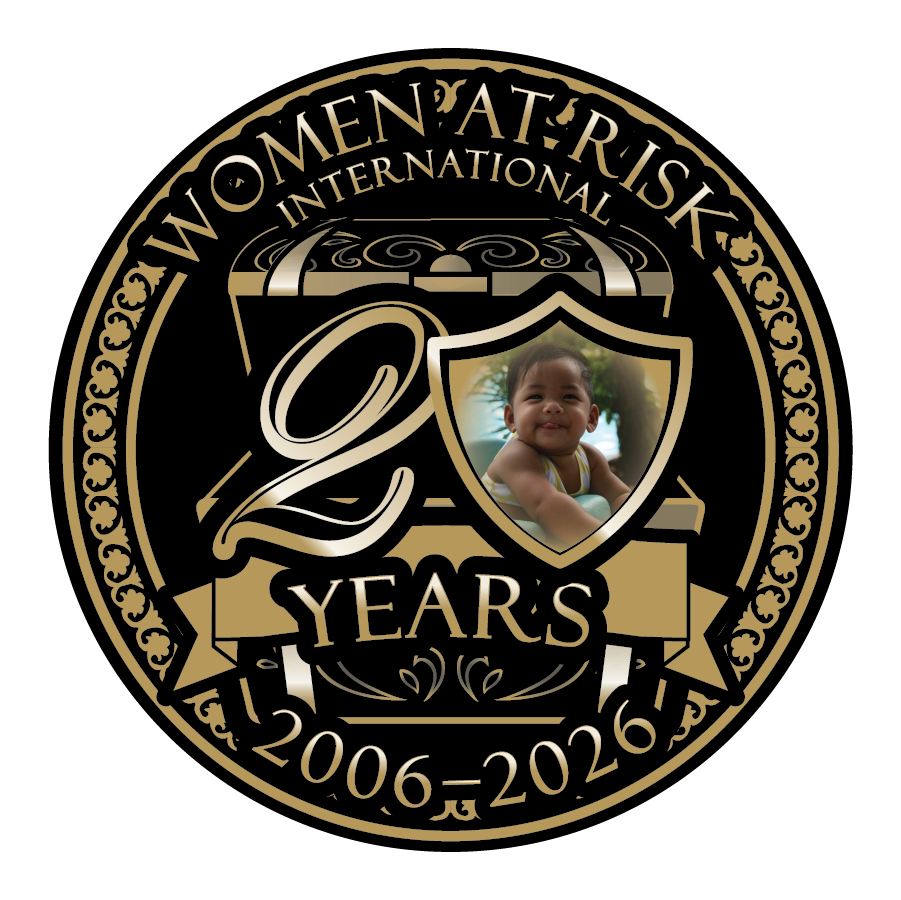Congress Passes Online Sex Trafficking Bill; FBI Shuts Down Backpage
Brittany Swart, WAR, Int’l Intern
April 20, 2018
Warning: This article contains links to documents from the Department of Justice and several news stories. Some content in these documents and stories may be disturbing to some readers.
With the advent of the internet, trafficking and abuse of women and minors has exploded. Left unchecked, the online world can become another plane of abuse, another place women and minors are used for the base desires of others. However, with the passing of recent legislation, the online world just became safer for current and would-be survivors of human trafficking.
Many trafficking survivors and their advocates are celebrating the passage of the Online Sex Trafficking Act, also known as H.R.1865, which President Trump signed on April 11. This piece of legislation states that victims of human trafficking can sue websites that either knowingly allowed human trafficking to take place on their sites or benefited from the sale of prostitution. These websites may be found criminally liable and receive a fine or jail time or both (115th Congress).
Detractors of H.R. 1865 say it hampers free speech and could open the door for the government to enforce further regulation on the internet. However, the Online Sex Trafficking Act specifically states human trafficking and prostitution as the reasons for prosecuting websites. Only sites advertising or benefiting from prostitution, trafficking, or solicitation of minors would face criminal liability.
Critics also claim that the bill endangers trafficking victims and voluntary sex workers: the elimination of websites used to facilitate sex-work could drive prostitution underground, exposing victims to “dangerous circumstances.” However, anti-trafficking organizations such as Shared Hope, Int’l point out that sites advertising prostitution do not protect human trafficking victims from harm—they simply act the part of the middle man and profit from the facilitation of rape and other violent acts. And women who used websites for prostitution were no safer than on the street; there have been several instances of solicitors murdering women they met online. Unlike victims of sex trafficking, who did not have a choice in advertising their “services,” those who purchased them did have a choice. Unguarded advertising sites made it terrifyingly easy for these buyers to purchase woman and minors for whatever they desired while remaining nameless and faceless.
Since the Online Sex Trafficking Act passed congress on March 21, Craigslist has voluntarily removed its Personals section, saying, “any tool or service can be misused; we can’t take such risk.” Backpage, an advertising site like Craigslist, is particularly known for the rampant prostitution that occurred on its site; it is sites like Backpage that H.R. 1865 targets. On April 6, the FBI removed Backpage and its related websites as part of an “enforcement action.”
The indictment…clearly presents a network of people who did not merely turn their backs on the prostitution and trafficking of women and minors but actively encouraged it through their insistence on profit over people.
The same day Backpage was seized, the FBI arrested seven people associated with the site, including founders Michael Lacey and James Larkin and CEO Carl Ferrer. They have been charged in Federal court on ninety-three counts related to prostitution and money laundering (Department of Justice). (Just before this article was published, Ferrer pled guilty to “conspiracy to facilitate prostitution using a facility in interstate or foreign commerce and to engage in money laundering.”) According to the indictment, the defendants knew that most of the site’s ads involved prostitution and, because of their tolerance, Backpage made over $500 million in profit from prostitution.
The indictment also accuses Backpage of facilitating the selling of minors, noting several cases in which the site edited a minor child’s age and then let the edited ad proceed. Backpage also allowed thinly veiled sexual terms such as “Lolita” and “fresh” to be used in numerous ads for underage girls, along with accompanying graphic photos. The indictment of Backpage’s founders and executives clearly presents a network of people who did not merely turn their backs on the prostitution and trafficking of women and minors but actively encouraged it through their insistence on profit over people.
The passage of H.R. 1865 and the shutdown of Backpage are victories for human trafficking survivors and victims, but advocates of the bill are not stopping there. Shared Hope, Int’l would like to see future anti-prostitution efforts targeting not those coerced or forced into sex work, but those who create and facilitate the demand. Instead of being given a jail sentence, women in the sex trade can be offered a safe haven, economic and educational opportunities, and the assurance that they are women worthy of respect and love, who deserve to be heard and given a future.
Women at Risk, International is also committed to helping women involved in the sex trade, whether they are there due to force, economic necessity, or other factors. Even if a woman chooses to continue in prostitution, WAR, Int’l desires to help her—our goal is to love her where she is and walk alongside her, showing her love and respect. Along with helping women at risk, WAR, Int’l is passionate about getting others involved as well. Whether through advocating for legislation, engaging in outreach, purchasing handmade products that benefit at-risk women, volunteering, reading a book, or simply talking with someone, everyone can fight human trafficking. WAR, Int’l offers multiple opportunities for people who want to join the fight— for those who want to stand and proclaim that the fight for justice will never stop until every woman, girl, boy, and man is free from slavery.

